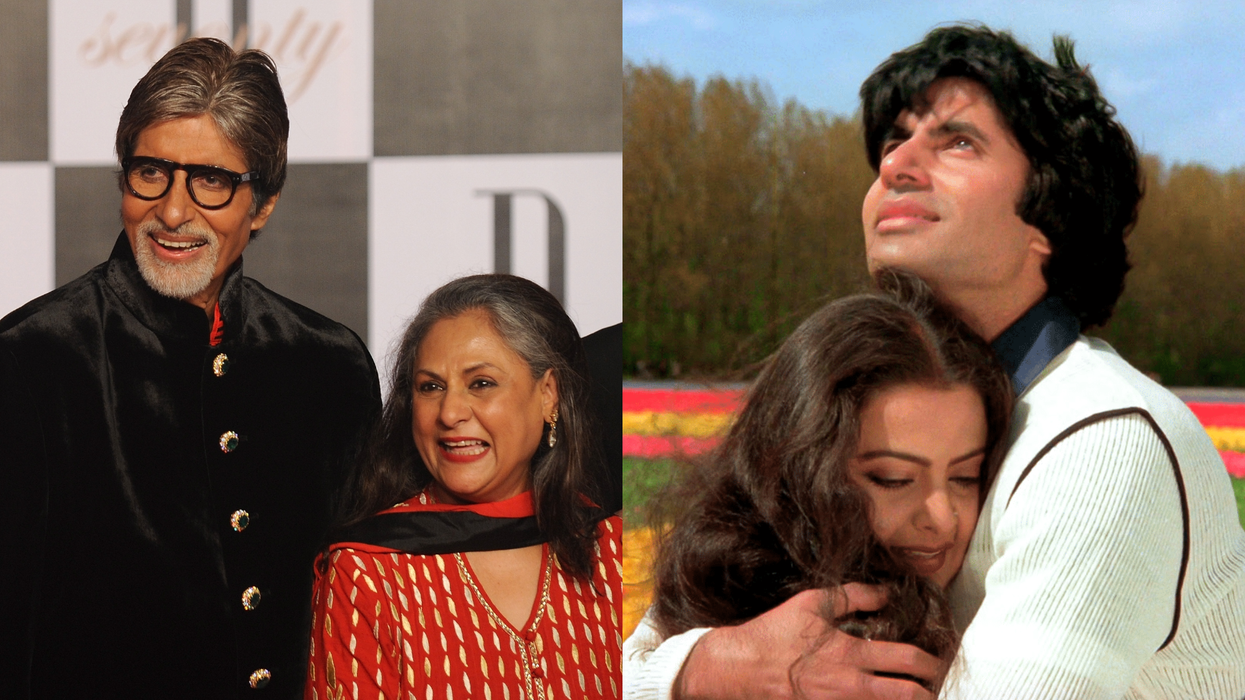"Amitabh is mine, was mine, and will always be mine”: Jaya Bachchan’s shocking words that ended Amitabh Bachchan’s alleged affair with Rekha!
The untold truth behind Bollywood’s most controversial love triangle and why Amitabh Bachchan and Rekha never worked together again.

Amitabh Bachchan and Jaya Bachchan’s marriage has stood the test of time, but it hasn’t been without its share of speculation. One of Bollywood’s most talked-about topics remains the alleged romance between Amitabh and Rekha, an affair neither confirmed nor denied but still fuelling curiosity decades later.
For years, Amitabh has chosen to remain silent on the subject, while Rekha has given cryptic hints that kept the rumours alive. However, a recent revelation by author Hanif Zaveri on the Meri Saheli podcast sheds new light on why the affair reportedly ended. According to Zaveri, Amitabh and Rekha were deeply in love, but Jaya made a decisive move to protect her marriage. When Amitabh wasn’t home, she invited Rekha over for a conversation. After serving her food, Jaya reportedly told her, “Amitabh is mine. He was mine and will always be mine.” This direct confrontation led Rekha to step away, both from Amitabh personally and from working with him professionally.

Amitabh and Rekha last appeared together in Silsila (1981), a film that eerily mirrored their rumoured real-life love triangle. Many assumed Jaya was the reason they never collaborated again, but she once clarified in an interview that it wasn’t her decision. She admitted their pairing was sensational on screen but suggested that their personal history made further collaborations unlikely.
“If there was something between them, he wouldn’t be here, right?” she said, dismissing the gossip. Despite maintaining a dignified stance, Yash Chopra, the director of Silsila, later added fuel to the speculation. In a BBC interview, he stated that the emotions in the film reflected reality, making it one of his most nerve-wracking projects.

Even after all these years, the alleged affair between Amitabh and Rekha continues to intrigue fans. Whether it was real or just tabloid fodder, the secrecy and tension surrounding it make it one of Bollywood’s most unforgettable stories. Meanwhile, Jaya and Amitabh have remained together, proving that their bond has endured despite the whispers of the past.





